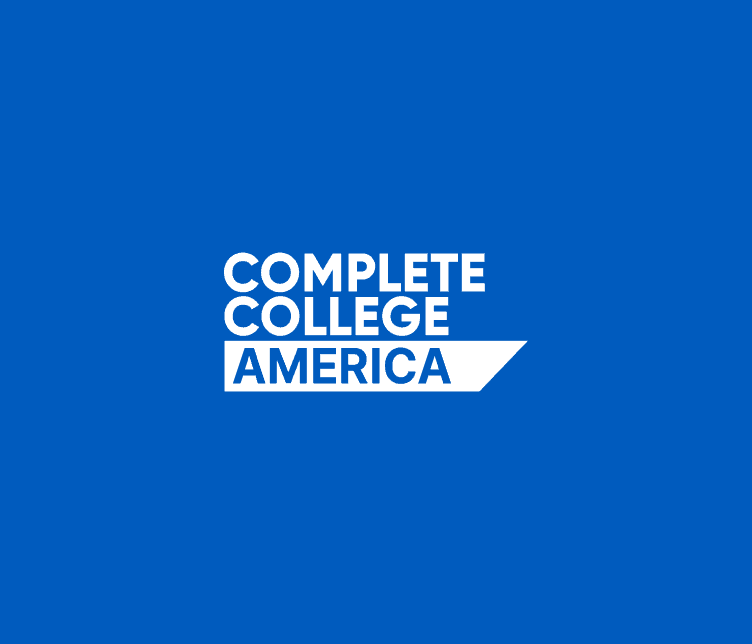Last week, President Trump signed into law the “One Big Beautiful Bill Act” (OBBBA), a significant piece of domestic legislation that will have far-reaching implications for institutions of higher education and today’s students.
On the one hand, we are encouraged that the final version of the bill reflects meaningful progress in key areas. The expansion of Pell Grant eligibility to include high-quality workforce programs represents an important step forward for students seeking credentials of value that lead to in-demand careers. We are also pleased that proposals to limit Pell eligibility to only those taking 15 credits per term were removed. Although a 15-credit load is still a sure path to on-time graduation, we applaud Congress for not tying Pell eligibility to that benchmark. Our research shows student success rises when aid policies meet learners where they are—acknowledging the work, family, and financial obligations they juggle.
On the other hand, we remain concerned about other provisions that could limit access to educational opportunity. The elimination of Grad PLUS loans and new caps on Parent PLUS loans may make it harder for students from low-income backgrounds to complete their degrees, particularly first-generation and working learners. In addition, cuts to programs like Medicaid and SNAP may create additional financial barriers to completion by negatively affecting students’ ability to afford non-tuition costs such as food, housing, transportation and health care.
We will remain focused on working with policymakers, institutional leaders, and our Alliance members to shape implementation, support smart investments through appropriations, and advance future reforms that reflect the needs of today’s students and the institutions that serve them. We are committed to helping our Alliance members and partners navigate these changes, and to staying the course on scaling evidence-based strategies that improve college completion.
Yolanda Watson Spiva, Ph.D.
President, Complete College America

